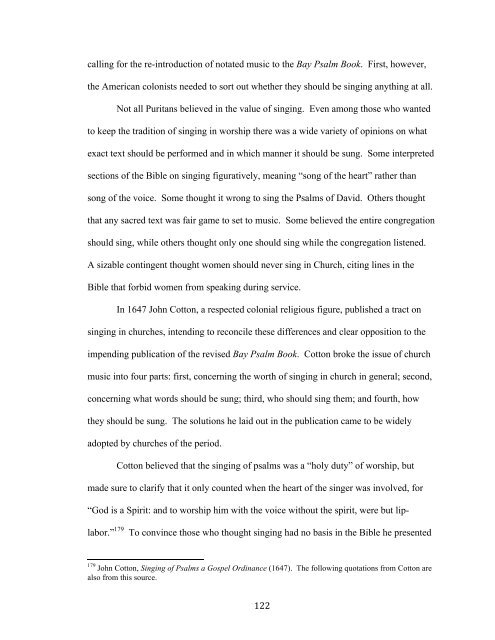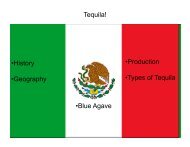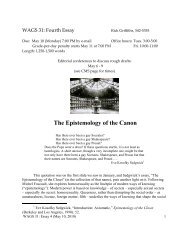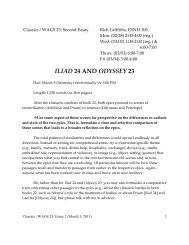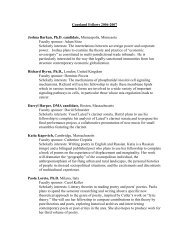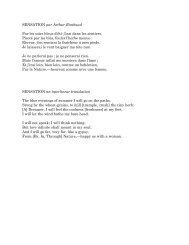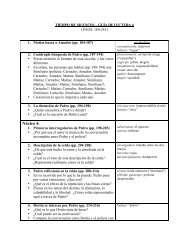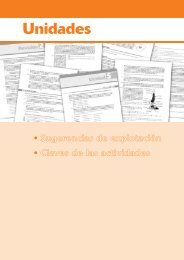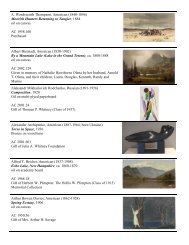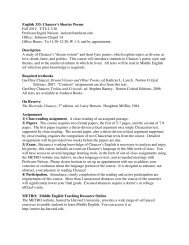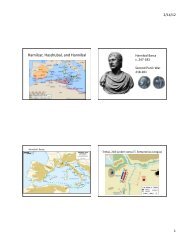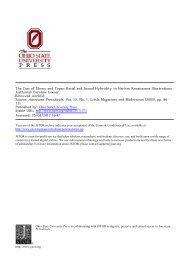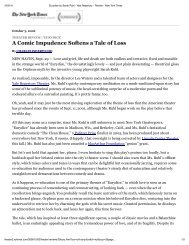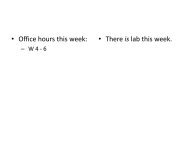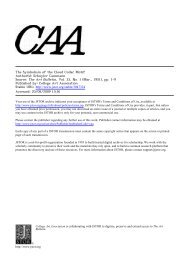Finding Their Voices - Amherst College
Finding Their Voices - Amherst College
Finding Their Voices - Amherst College
Create successful ePaper yourself
Turn your PDF publications into a flip-book with our unique Google optimized e-Paper software.
calling for the re-introduction of notated music to the Bay Psalm Book. First, however,<br />
the American colonists needed to sort out whether they should be singing anything at all.<br />
Not all Puritans believed in the value of singing. Even among those who wanted<br />
to keep the tradition of singing in worship there was a wide variety of opinions on what<br />
exact text should be performed and in which manner it should be sung. Some interpreted<br />
sections of the Bible on singing figuratively, meaning “song of the heart” rather than<br />
song of the voice. Some thought it wrong to sing the Psalms of David. Others thought<br />
that any sacred text was fair game to set to music. Some believed the entire congregation<br />
should sing, while others thought only one should sing while the congregation listened.<br />
A sizable contingent thought women should never sing in Church, citing lines in the<br />
Bible that forbid women from speaking during service.<br />
In 1647 John Cotton, a respected colonial religious figure, published a tract on<br />
singing in churches, intending to reconcile these differences and clear opposition to the<br />
impending publication of the revised Bay Psalm Book. Cotton broke the issue of church<br />
music into four parts: first, concerning the worth of singing in church in general; second,<br />
concerning what words should be sung; third, who should sing them; and fourth, how<br />
they should be sung. The solutions he laid out in the publication came to be widely<br />
adopted by churches of the period.<br />
Cotton believed that the singing of psalms was a “holy duty” of worship, but<br />
made sure to clarify that it only counted when the heart of the singer was involved, for<br />
“God is a Spirit: and to worship him with the voice without the spirit, were but liplabor.”<br />
179<br />
To convince those who thought singing had no basis in the Bible he presented<br />
!!!!!!!!!!!!!!!!!!!!!!!!!!!!!!!!!!!!!!!!!!!!!!!!!!!!!!!!<br />
179 John Cotton, Singing of Psalms a Gospel Ordinance (1647). The following quotations from Cotton are<br />
also from this source.<br />
! 122!


